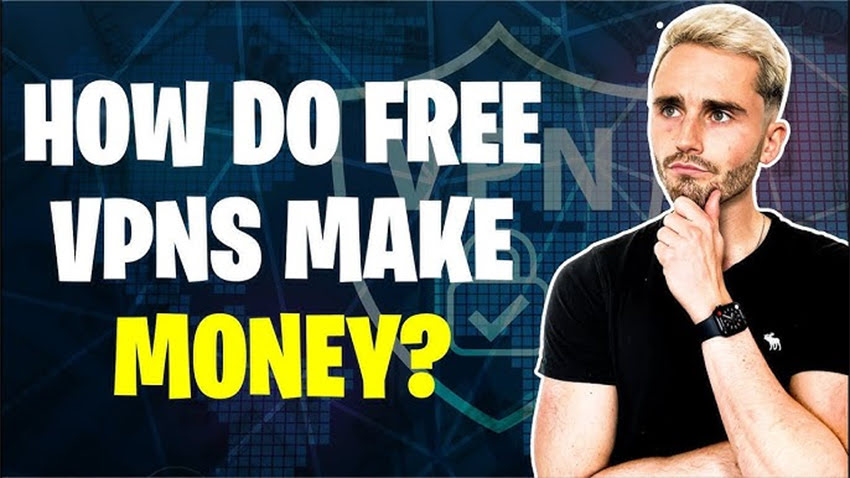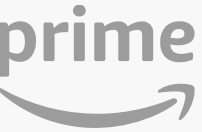How Free VPNs Make Money: In this post, we’ll explore how free VPNs generate revenue. VPNs have become essential tools for protecting online privacy. Many users are drawn to free VPN services because they’re convenient, user-friendly, and, most importantly, cost nothing upfront. What many users often overlook is that maintaining a VPN service isn’t free. While paid VPN providers sustain their operations through subscription fees, free VPNs need to find alternative ways to fund their services.
How Free VPNs Make Money
So, how do free VPNs make money? Here are 5 scary facts you should know about free VPNs.
Privacy Alert! Your data is exposed to the websites you visit! The information above can be used to track you, target you for ads, and monitor what you do online. We recommend ExpressVPN — the #1 VPN out of over 350 providers we've tested. It has military-grade encryption and privacy features that will ensure your digital security, plus — it's currently offering 48% off.


1. Selling User Data
Let’s begin with perhaps the most alarming way free VPNs make money: by selling their users’ data. If you’re using a free VPN, you could be exposing your personal information to serious privacy risks. Some VPNs have been caught data mining—essentially extracting information directly from your device. The scope of data they can access is quite disturbing. It can range from your device’s technical details and location data to sensitive personal content like emails, messages, contacts, and files. In extreme cases, certain VPNs have been known to gain full control over a user’s device, allowing them to alter, delete, or even access your media without your knowledge.
For example, some free VPNs have sold users’ email addresses to third-party companies. This not only results in a flood of spam and unwanted messages but also opens the door to cyber threats like ransomware, phishing scams, and cryptojacking. Surprisingly, yes—at least in many cases. The catch lies in the fine print. Most users skip reading the VPN’s Privacy Policy before signing up. As long as a VPN discloses that it may share your information and you accept the terms, it’s technically not illegal. While certainly unethical, this legal gray area is something many free VPN providers take advantage of.
2. Targeted Marketing Using Your Personal Information
Another common and risky tactic used by free VPNs is leveraging your data for marketing purposes. Since they don’t earn from subscriptions, they turn to advertising and data-sharing for revenue.
Here’s how they do it:
- Direct advertising: Free VPNs can track your online activity, log your search behavior, and use this data to tailor ads specifically for you.
- Data sharing with third parties: In some cases, VPNs sell your data to marketing companies, giving them full access to your online habits and personal interests. This is particularly dangerous when these third parties display ads from questionable or harmful sources. Clicking on such ads could lead you to malicious websites.
One notorious example is Betternet, a free VPN that openly admits its ties to advertising networks. While they’re upfront about running an ad-based model, they remain vague about their business operations, including where they’re based or how exactly their partnerships function behind the scenes. A good rule of thumb is to pay attention to ads. If your VPN frequently bombards you with aggressive or irrelevant advertisements, it’s likely sharing your data with external marketing platforms.
Best VPNS For Streaming Safely
1. ExpressVPN — Best VPN With the Fastest Speeds for Smooth Streaming
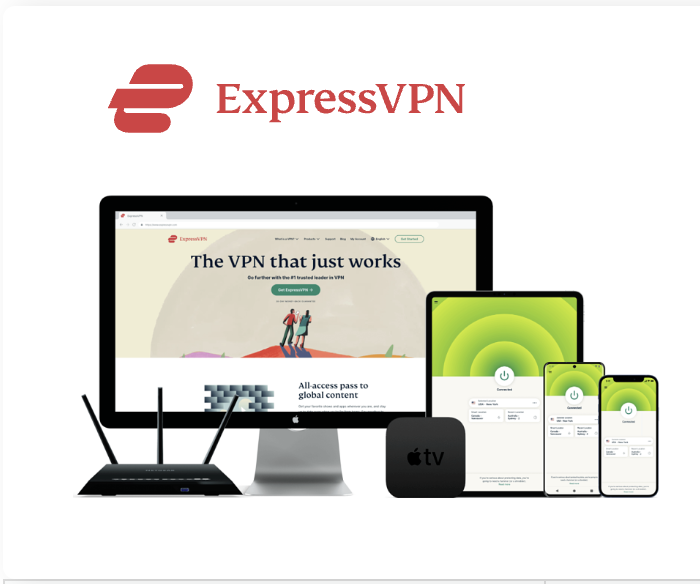
Best Feature
The fastest speeds we tested, ensuring you can stream, browse, game, and torrent without interruptions
Server Network
3,000 servers in 105 countries give you fast worldwide connections
Simultaneous Device Connections
Up to 8, so you can protect your compatible devices under one subscription
Works With
Netflix, Disney+, Amazon Prime Video, BBC iPlayer, (HBO) Max, Hulu, Vudu, DAZN, and more
2. NordVPN — Best VPN With the Fastest Speeds for Smooth Streaming
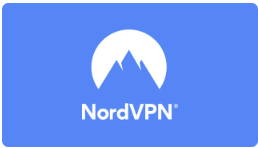
Best Feature
High security features and fast speeds for a reliable connection
Server Network
5,400 servers in 60 countries for improved accessibility and connection speeds
Simultaneous Device Connections
Up to 6 devices, suitable for protecting multiple devices simultaneously
Works With
Netflix, Disney+, Amazon Prime Video, BBC iPlayer, (HBO) Max, Hulu, Vudu, DAZN, and more
3. Exploiting Free Users to Benefit Paying Customers
In addition to selling user data, some free VPNs go a step further by exploiting their free users to enhance the experience for paying subscribers. This often happens when a VPN offers both free and premium plans. While free users are given access to the internet at no cost, their resources—such as bandwidth or processing power—can be secretly repurposed to benefit those who pay.
One common tactic is redirecting the bandwidth of free users to paying customers, essentially turning your connection into a resource for others. In simple terms, the VPN sells your internet connection for profit. While some VPNs offer a paid plan to avoid this, the problem is that they often fail to inform free users that their devices are being used in this way. Without transparency, there’s no way to know whether your connection is being exploited behind the scenes.
4. Turning Users Into Botnets and Exit Nodes
If the previous tactics weren’t concerning enough, this one can have serious real-world consequences. Some free VPNs transform users’ devices into exit nodes, meaning internet traffic from other users is routed through your IP address. While it may sound harmless, this can expose you to legal trouble if illegal activities are conducted through your connection. Being an exit node makes it appear as if any internet activity—whether it’s harmless or criminal—is coming from your device. You’re left to deal with the potential fallout, while the VPN profits by selling access to your connection to premium users.
In some cases, things go even further. Free users have unknowingly become part of massive botnets—networks of compromised devices controlled by hackers. A real-world example is Hola VPN, where hackers exploited free user accounts to build a botnet used for malicious activity. This wasn’t fiction—it actually happened, and it placed innocent users under government investigation. Despite the public backlash and exposure of Hola VPN, similar practices still exist today. The scary part? There are currently no regulations or systems in place to properly monitor or prevent VPNs from misusing the trust of their users in this way.
5. Tracking Your Online Activity
Finally, one of the most widespread and invasive practices among free VPNs is tracking users’ online behavior. Many free VPNs log your browsing data—even though the main reason for using a VPN is to stay anonymous and private.
These VPNs often claim that they only log “connection data” to maintain performance and security. However, this information can easily be used to monitor your habits and interests. Common tracking techniques include:
- Browser cookies – Tiny files stored on your device to track your activity without your knowledge.
- Web beacons (or web bugs) – Transparent image files embedded in websites to silently monitor your browsing behavior.
- Tracking pixels – Small, often invisible images used to analyze your online behavior, particularly for advertising purposes.
In some cases, these tracking tools aren’t just used by the VPN provider—they’re shared with marketing partners, further compromising your privacy. While you may think you’re browsing anonymously, your activity is being collected, logged, and sometimes sold to the highest bidder. Unlike most free VPNs, paid VPN providers are typically more transparent about their data practices. They outline what is and isn’t tracked in their Privacy Policies, and reputable ones often commit to strict no-logs policies.
By using a VPN that monitors your activity, you’re essentially shifting surveillance from your Internet Service Provider to the VPN itself—potentially a worse outcome. If the VPN operates in a country that’s part of the 14 Eyes Alliance, they may also be legally required to hand over your data to government agencies. That puts you in a vulnerable position, especially if anything goes wrong—you’ll be the one held responsible.
Best VPN deals this week:
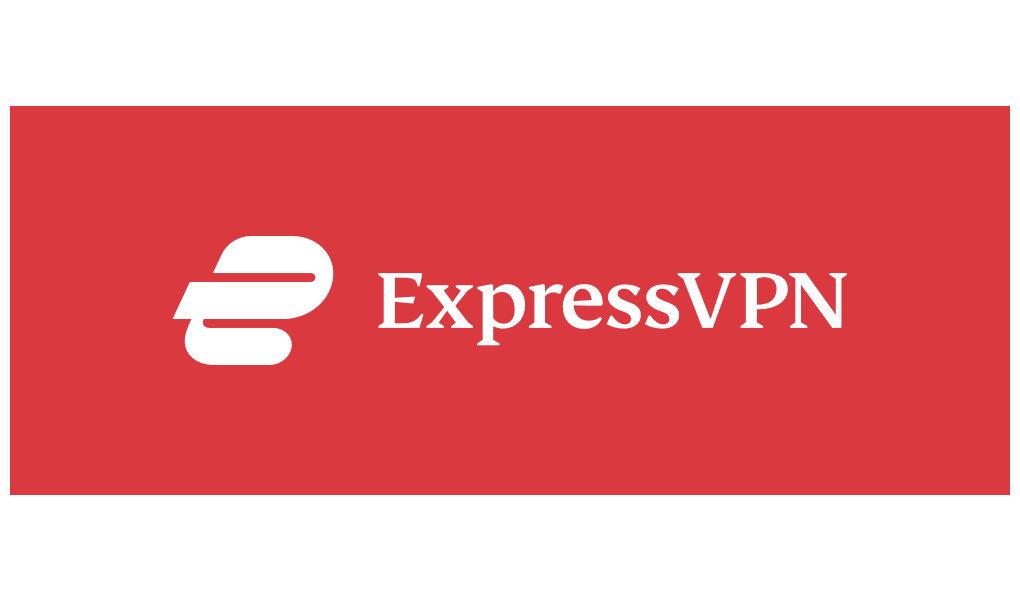
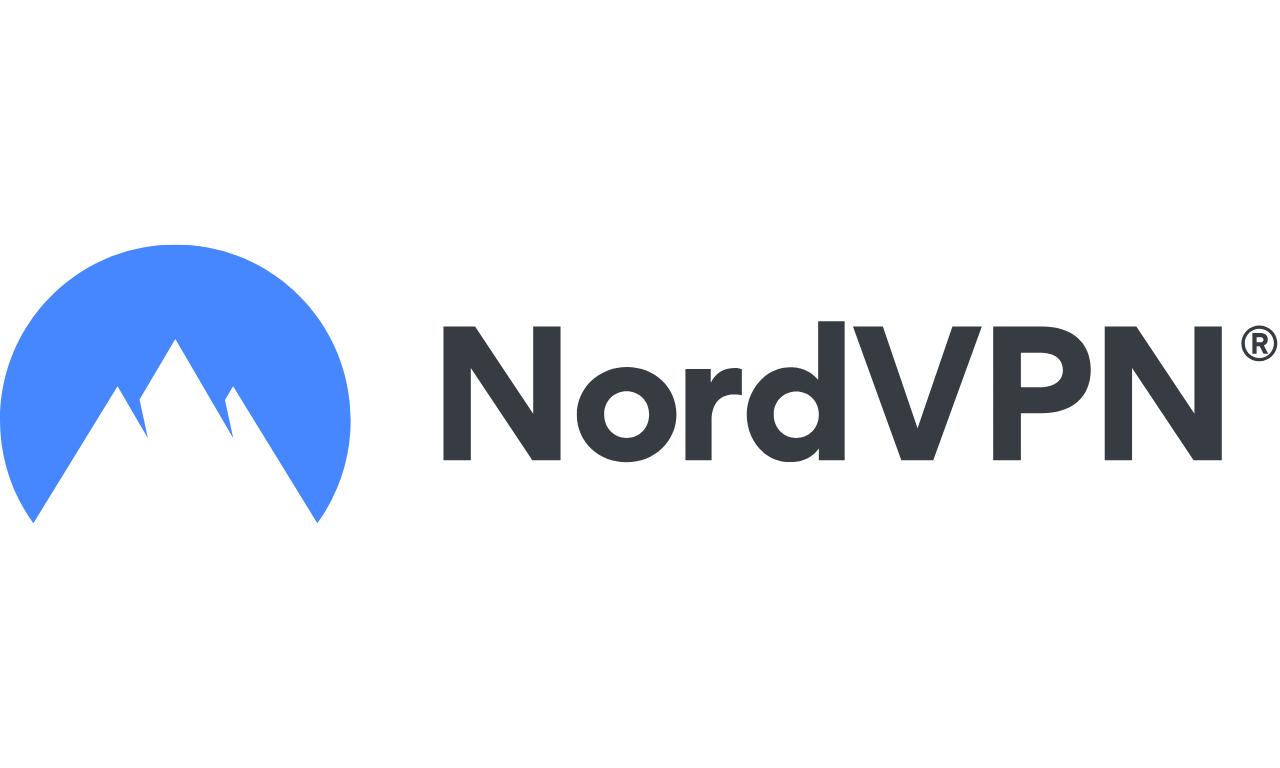
Why Do Free VPNs Resort to These Tactics?
For some free VPN providers, profits come before user privacy and security. Whether it’s selling personal data, injecting ads, or outright violating users’ trust, many of these services operate in ways that compromise your safety online. To understand why this happens, it’s important to look at the underlying reasons that drive these practices:
1. High Maintenance Costs
Running a VPN isn’t cheap. It’s easy to overlook the fact that maintaining a secure, reliable server network involves significant expenses. The more users a VPN has, the more powerful infrastructure it needs—which can push monthly costs into the tens or even hundreds of thousands of dollars. Some larger services may even face expenses in the millions. These operational demands are a major reason why many free VPNs turn to questionable methods to cover costs.
2. Financial Incentives
Covering costs is one thing—but turning a profit is another. Many free VPN providers look beyond just breaking even and seek ways to maximize revenue. That’s where monetizing user data comes in. By collecting and selling personal data to third parties or enabling hyper-targeted advertising, these VPNs generate substantial income—often at the direct expense of user privacy.
3. Greed
Even if you could justify the need to cover operational costs—or even the push for profit—there’s no defense for tactics driven by outright greed. When a company gains access to sensitive data from millions of users, the temptation to exploit that data can become overwhelming. Sadly, some well-known VPNs have given in to this temptation. Services like Hola, Betternet, and even Opera VPN have all faced serious backlash—or were shut down entirely—for misusing user data to fuel profit-driven motives. Would you like this section adapted for a specific platform or audience, like a YouTube script, infographic, or formal article?
Why You Should Choose a Paid VPN Service
Free VPNs simply can’t compete with paid ones when it comes to safety and privacy. Thanks to larger budgets and clear business models, paid VPNs offer a higher-quality experience with more reliable protection. Here are some key advantages of opting for a paid VPN:
- Faster Connection Speeds: Free VPNs often limit bandwidth and speed for their free users to prioritize paying customers. With a paid VPN, you’ll enjoy faster internet speeds, less bandwidth throttling from your ISP, and fewer connection drops compared to many free or low-quality VPN services.
- Transparent Privacy Policies: Unlike many free VPNs that hide or obscure their business practices, paid VPNs typically provide clear, straightforward privacy policies. This transparency lets you know exactly how your data is handled and how private your connection really is.
- More Server Options: A larger server network means less congestion and faster connections. Paid VPNs usually offer a wide variety of servers around the world, making it easier to bypass geo-restrictions and access blocked content smoothly, no matter where you are.
- Stronger Security Features: Paid VPNs often include advanced security options like multiple encryption protocols, kill switches, and industry-standard 256-bit encryption to keep your data safe. These added protections go beyond what most free VPNs provide.
- Reliable Customer Support: Quality customer service comes with a price, but it’s invaluable if you encounter any issues. Paid VPN providers typically offer responsive support to help you quickly resolve problems and get the most out of their service.
Best VPNS For FireStick
Privacy protection and transparency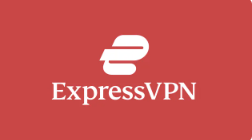
Best overall VPN with a free trial
ExpressVPN

Top Premium VPNs
That said, not every paid VPN is flawless or the right fit for everyone. It’s important to research and compare before making your choice. To help you out, we’ve compiled a list of the best premium VPNs currently on the market, so you can find the perfect option for your needs.
1. ExpressVPN
ExpressVPN is often hailed as the top all-around VPN service. Although it comes with a slightly higher price tag compared to competitors, the quality and performance you receive make it well worth the investment.
Known for its ease of use, ExpressVPN is simple to set up and compatible with virtually any device. Its extensive server network boasts over 3,000 high-speed servers spread across 105 countries and 160 locations worldwide. When it comes to speed, ExpressVPN is among the fastest available, delivering consistent performance. On a 100Mbps connection, users can expect download speeds between 80Mbps and 85Mbps, ensuring smooth streaming and browsing.
Key features:
- Fastest speeds among VPN providers
- Strict no-logs policy
- Supports OpenVPN, IPSec, and IKEv2 protocols
- Allows torrenting and P2P traffic
- Unblocks popular streaming services like Netflix, Hulu, and BBC iPlayer
- 24/7 live chat customer support
- 30-day money-back guarantee
2. IPVanish
IPVanish is an excellent choice for users who frequently download files and want reliable, steady speeds. It offers unlimited bandwidth and supports P2P traffic, making it perfect for torrenting and file sharing. With servers located in over 75 global locations, a strict no-logs policy, and support for unlimited simultaneous connections, IPVanish provides great flexibility. While its interface may not be as intuitive as ExpressVPN’s, it offers extensive customization options that advanced users will appreciate.
Key features:
- Strong and stable speeds
- No-logs policy
- AES-256 encryption for robust security
- Supports P2P traffic
- 30-day money-back guarantee
3. Private Internet Access (PIA)
If you’re seeking a reliable and time-tested premium VPN, Private Internet Access (PIA) has been a trusted choice for over a decade, helping users stream and browse securely. Based in the United States, PIA is known for its fast and stable connections. PIA provides secure tunneling with impressive download and upload speeds, utilizing cutting-edge VPN protocols like WireGuard and OpenVPN. Its security is top-notch, featuring AES-256 bit encryption to protect your data.
One standout feature of PIA is its support for unlimited simultaneous connections—meaning one subscription can cover all your devices at home or work. The VPN also offers unlimited bandwidth and a network optimized for speeds up to 10Gbps, ensuring smooth, uninterrupted streaming. Why choose PIA? It includes features such as an Ad Blocker, split tunneling, a secure kill switch, and global server coverage. Plus, PIA reliably unblocks geo-restricted content, allowing you to stream from anywhere in the world. Though based in the US, PIA maintains a strict no-logs policy, backed by open-source software for transparency and security. This makes it one of the safest and most trustworthy VPN options available.
Key features:
- Fast connection speeds
- AES-256 bit encryption
- Unlimited simultaneous connections
- Advanced security features
- Zero-logs policy
- Open-source software
4. CyberGhost
CyberGhost is a leading premium VPN provider with an impressive network of over 9,000 servers in 116 locations across 91 countries. Headquartered in Bucharest, CyberGhost offers strong security, fast speeds, and the anonymity users expect from a top-tier VPN. It employs military-grade AES-256 bit encryption and supports the latest VPN protocols including OpenVPN, WireGuard, and IKEv2. Features like DNS leak protection and an automatic kill switch ensure your online activities remain private and secure—making you virtually invisible while browsing. A major benefit of CyberGhost is its ability to bypass geo-restrictions, unlocking movies, TV shows, sports, and more from anywhere in the world.
There are no data caps, so you can enjoy unlimited, secure streaming without interruptions. CyberGhost allows up to seven devices to connect simultaneously on a single account, covering a range of platforms like FireStick, Windows, Android, iOS, and Mac. The service adheres to a strict no-logs policy, safeguarding your data privacy. New users can take advantage of a free trial on Windows, Android, and iOS devices. While FireStick doesn’t offer a free trial, CyberGhost provides a generous 45-day money-back guarantee, giving you plenty of time to test the service risk-free.
Key features:
- Reliable speeds
- Strong encryption and security
- Connect up to 7 devices simultaneously
- 45-day money-back guarantee
5. Surfshark
Surfshark is a budget-friendly premium VPN that delivers excellent value without sacrificing quality or features. One of its key strengths is ensuring complete privacy and anonymity while you browse, backed by robust AES-256 bit encryption. This VPN also excels at bypassing geo-restrictions, allowing you to access content that would otherwise be blocked. For example, Surfshark lets you stream US-only TV shows, apps, and services even when you’re outside the United States.
This capability is especially useful on devices like FireStick, enabling access to popular apps such as Tubi, Freevee, and Netflix. Additionally, Surfshark supports secure IPTV streaming, which is essential for watching sports, live TV, and on-demand content safely on platforms that require IPTV access. With decent speeds and unlimited bandwidth, Surfshark allows you to connect an unlimited number of devices on a single account. It also offers user-friendly apps for a wide range of devices including FireStick, Android, Windows, Mac, and iOS. Another standout feature is Surfshark’s advanced split tunneling options. You can choose a Static IP or use Multi-hop, which routes your data through multiple servers for enhanced security.
Key features:
- Most affordable premium VPN
- Reliable speeds
- Strong security measures
- Unlimited simultaneous device connections
Best VPNs for Streaming — Final Score:
Rank
Provider
Overall Score
Best Deal
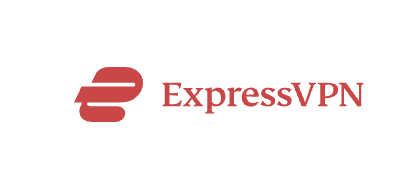
9.8
★★★★★
save 84%
VISIT WEBSITE >

9.6
★★★★★
save 83%
VISIT WEBSITE >
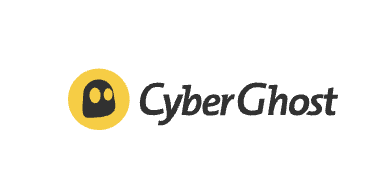
9.4
★★★★★
save 84%
VISIT WEBSITE >
Conclusion
While the internet can sometimes feel like a risky place, taking a few extra precautions can help you enjoy safe and unrestricted access. The first step is choosing a trustworthy VPN. If online privacy and security matter to you, it’s best to avoid free VPNs. There are plenty of reliable paid options available, often costing just a few dollars per month. Remember this important truth—not only online but in life: everything has a price. If you’re not paying for the service, chances are, you are the product.
FAQs
What makes paid VPNs more secure than free VPNs?
Paid VPNs typically offer stronger encryption protocols, no-logs policies, and additional security features like kill switches and split tunneling. They also have the budget to maintain better servers and provide transparent privacy policies, unlike many free VPNs that may track or sell your data.
How does a VPN unblock geo-restricted content?
A VPN masks your real IP address by routing your connection through servers in different locations. This tricks websites and streaming platforms into thinking you’re browsing from an allowed country, granting access to content otherwise blocked in your region.
Can I use a VPN on multiple devices at once?
Many premium VPNs, like Private Internet Access and Surfshark, allow unlimited or multiple simultaneous connections on a single subscription, letting you protect all your devices—phones, computers, smart TVs—under one account.
What is split tunneling in a VPN and why is it useful?
Split tunneling lets you choose which apps or websites use the VPN connection while others access the internet directly. This improves speed and efficiency by only routing sensitive traffic through the VPN, while allowing regular browsing without VPN overhead.
How do VPNs affect my internet speed?
VPNs can sometimes slow down your connection because your data travels through an extra server and gets encrypted. However, premium VPNs invest in high-speed servers and optimized networks, offering fast, stable speeds with minimal impact.
Is it safe to stream IPTV services using a VPN?
Yes, many premium VPNs like Surfshark offer secure and private access to IPTV platforms, ensuring your streaming activities are encrypted and protected from snooping, while also helping bypass geographic restrictions.
